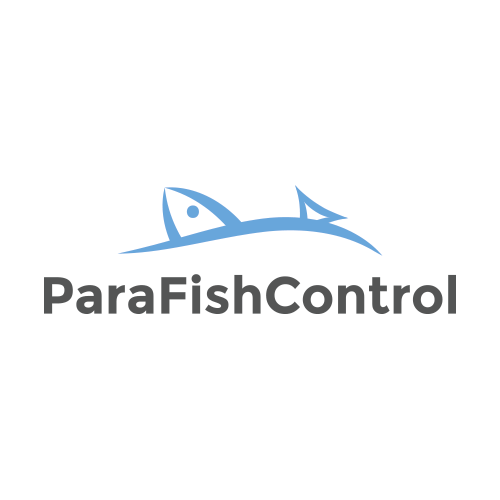
Advanced Tools and Research Strategies for Parasite Control in European farmed fish (ParaFishControl)
The goal of the project is to increase the competitiveness and sustainability of the European aquaculture industry by improving our understanding of fish–parasite interactions and by developing solutions for the control of parasitic infections.
During the project, the consortium will pursue research on the parasitic diseases of the six main European cultured fish species (Atlantic salmon, rainbow trout, gilthead sea bream, European sea bass, turbot and common carp) and develop solutions for the control of the pathogens involved. Our research group will participate in the research of parasitic diseases of common carp. The consortial work will be implemented in the following eight work packages (WP): WP1: Host–parasite interactions, WP2: Wild-farmed fish parasite transfer, WP3: Prophylactic measures, WP4: Diagnostic tools and methods, WP5: Innovative treatments, WP6: Risk analysis and parasite surveillance, WP7: Fish product safety, WP8: Dissemination, technology transfer and take-up. Our research group will participate in work packages WP1, WP3, WP4, WP5 and WP7 in the research of several important common carp parasites, e.g. in studying the life cycle of the myxosporean (Myxozoa) Thelohanellus species, improving the control of one of the most important parasitic fish diseases, white spot disease (caused by Ichthyophthirius multifiliis) with new active substances and by alternative methods, as well as in research focusing on the development and phylogenetic relations of zoonotic fish-parasitic trematodes occurring in Hungary.
Video about project (developed by CSIC, http://www.csic.es/)